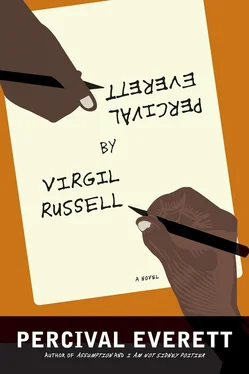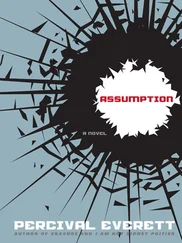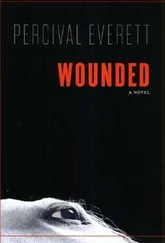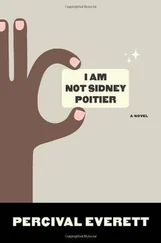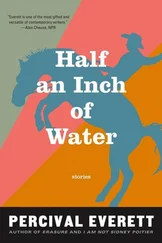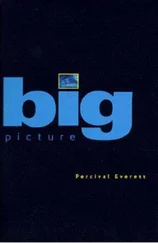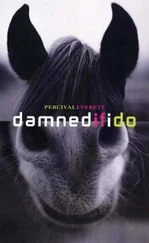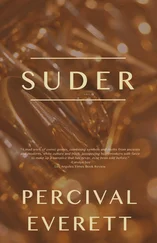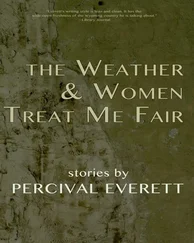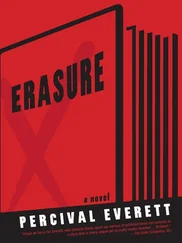How could I have let him, you, lie there so miserably and do that to his, my, wife? He would have to have gone out to his studio and stared at a painting, one in progress, or one that he thought was finished but really wasn’t. A large canvas with reds and yellows. Goldenrod, corn silk, chiffon, cadmium yellow, lemon, bismuth yellow, Indian yellow, ocher, Naples yellow, jaune brilliant, burnt sienna, transparent maroon, Venetian red, Indian red, cadmium red, quinacridone red, rose madder, permanent red, alizarin crimson. None of the colors mattered anymore and so I looked at an experiment of sorts, a medium-sized canvas nailed to the wall with whites, zinc white and transparent white and foundation white and Cremnitz white and flake white (lead based as it is). I looked at the surface, which yielded no entry, and tried to imagine something to say about, to, myself or anybody else. I supposed I could claim that the narrative arc of the painting was intentionally contentious, that rather than culminating in a conventional denouement, resolving matters and seeking order, I was employing a highly metaphoric mise-en-scène, so obvious a thing and yet. . Or perhaps I was saying that the painting was becoming its own wish, the white transforming white into a metaphor that stated its own essential self until the metaphor itself became an essential fact. All of that meant something to me and also nothing at all and so, in a way, I became my own wish, I became a dead artist. Self-pity bred such thinking, I fear. After a failed attempt at working on a new, blank canvas, I returned to the house, sat in the living room, and watched a mindless movie on one of the channels I didn’t know we received. I would have offered a description of the film, but the hand making this story apparently couldn’t come up with it. It was when watching the worst movies that I found anything close to rational clarity, but on that night nothing was clear, as my definition of myself was shifting, changing, and this was disconcerting because until this point, until my confrontation with this possibility of fatherhood, I had never imagined that had any sort of self-definition.
A brief pause here while we address this whole single-fatherraising-a-son story. To say that I raised you is not quite true, as by thirteen I believe we are pretty much completely developed and completely fucked up. After that it’s just a matter of refinement.
Dad, Mom never left us.
Not literally.
How do you mean? Mom lived with you until she died.
You know me. I’m just trying to make a point, to illustrate something, to explicate, demonstrate, elucidate, adorn. Literally, everything I utter is a metaphor, if you know what I’m trying to say.
And what’s that?
Where’s the joy in saying anything flat out?
I am motivated by affections that make me hunger for a connection to some entity. If as a frail man I am too prone to errors of judgment and impression, replacing, as I go, riches and power for what I should better seek, how am I to consider a mind that performs another kind of substitution? I may desire absolute being and imagine that the desire itself is an expression of attainment.
Is this the ranting of an old man?
We will all be old.
Will we?
So it is everywhere and so it will ever be, till all the semen is finally discharged and all the eggs are finally spent or all of everything is reduced to dormant matter in dormant organs on dormant islands, till a talented and zealous architect is hired and all are persuaded to sit around in communities and stare numbly at each other until all rank gives way to reason and reason gives way to feeling and all feeling gives way to simple human need and soldiers stop following orders and the orders stop coming in. Some of us seem to have perished, that is the bleak, woebegone truth, that not even in the blue stillness of death can we be decisive, resolute, unwavering. It was once that life found nourishment, pabulum (and I mean them in whatever ways you can make them mean), in death. If we could have, we would have personified Time, nonspatial as it is, as if in a children’s book, we might have asked it, politely or not, I don’t think it would matter to Time (untroubled as it is), not to run off to ruin.
In this my modest but comfortable Connecticut saltbox house in which I have lived for some thirty-four years, I am reclining in the midcentury Eames lounge chair my Rose bought at a yard sale in Mystic. I cannot see the ocean from my farmhouse, but I know that it is there and yet it gives little if any solace. The bluegrass lawn is long and it is being mown by Gerald, a pleasant Negro man from Hartford, who tells me my bluegrass is rare now. I attend to the care he pays the edges of the yard, swinging his old John Deere riding mower wide to pick up the strip he missed on his last pass. I imagine the tide is going out now and that the constant sound of the ocean is softer, sadder perhaps, the way I feel, but I cannot hear it even when it crashes. I imagine that I am one of those sandy beaches, viewed from a high place, more of me exposed than ever, my sea fleeing for some distant, opposite land, shore, continent, until all is a great silence, a torture of silence. I reflect on my last trip to Paris, lament is more like it. I arrived at the Gare du Nord from I can’t remember where. It was a Friday night it had rained all day, leaving the streets shimmering. I knew the taxi ride to the sixth would be long and slow. I was there because I had won some award or other. I asked the driver to stop before we crossed the river, and I got out. Êtes-vous certain? the driver said again and again. I had some sense of where I was. I could see an archway ahead of me, cars bottlenecked and trying to get through, and I believed that through there I would find the Louvre and from there it would be a long walk to the Odéon and my hotel. It was on that long journey along the wet Boulevard Saint-Germain that I finally figured out that I had tumbled into depression, my shoulders aching from my bags, my feet hurting with every step, and yet it was a feeling of freedom, that realization. À quelque chose malheur est bon. I would contemplate this over dinner at Les Éditeurs, the restaurant across the street from my hotel, the walls of which were covered with photographs of writers, I among them, posed seated in a hotel lobby some blocks away. There I would have the gratinée de coquilles St. Jacques, my favorite, and a bottle of wine from the Loire, a sauvignon blanc no doubt. I did arrive at the restaurant. I still had not checked in to my hotel and so I sat with my bags in the chair opposite me at a table meant for two. As it turned out, I instead had a cabernet franc, the color of the wine befitting my mood.
Nat, Nat, Nat, you can’t write this.
Why the hell not? It’s deep, it’s intellectual, it’s cosmopolitan, and it’s timely. What do you mean I can’t write it? I’ve written it.
It’s so unreal. How can this guy be depressed? Look at his life.
Depression is a disease. Besides, you have not gotten to the part where he’s hiding in the lobby of the Four Seasons and has sex with a bellboy.
Really.
I could make the scene about you, I suppose, and I’d have to call it Go Down, Moses.
Are you going to fill it with all sorts of literary allusions?
No, I’m trying to remain authentic here.
Dad?
Son?
I can’t keep up.
Und so weiter.

What?
Ashita wa ashita, kyo wa kyo. It’s Japanese.
That much I gathered. And it means?
A shrug.
I’ll be Murphy again. And I’m sitting with my Leica still, having just looked through the viewfinder and seen the cast and crew of the March on Washington. Nat was smoking a joint rather unabashedly. Charlton Heston was pretending not to know him. John Lewis was stepping forward to give his speech. A pigeon standing on Lincoln’s head did not know whether to fly away or shit. The phone rings and it is Douglas and he says, Donald needs you.
Читать дальше
